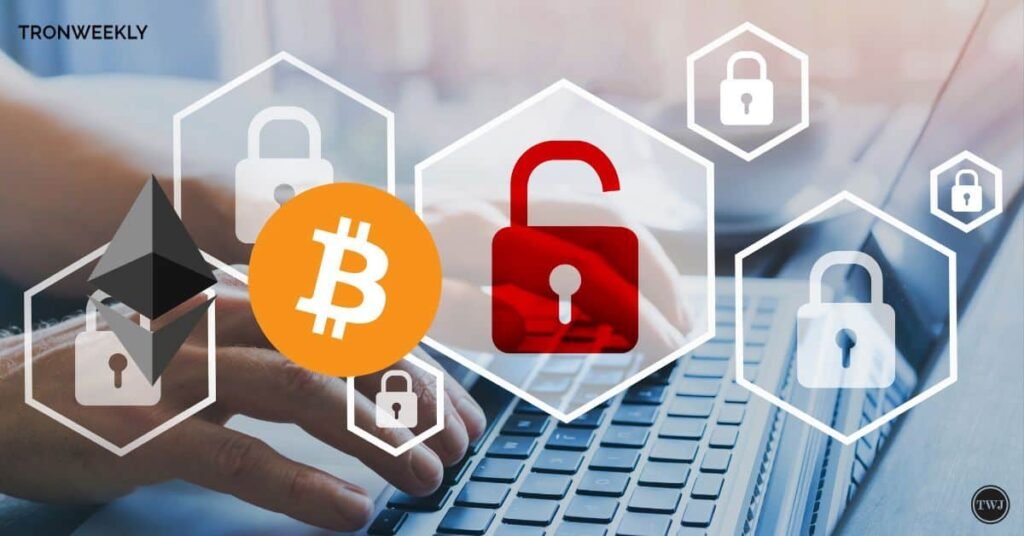Europe dials up pressure on tech giants over election security

The European Unionhas announced a package of measures intended to step up efforts and pressure on tech giants to combat democracy-denting disinformation ahead of the EU parliament elections next May.
The European Commission Action Plan, which was presented at a press briefing earlier today, has four areas of focus: 1) Improving detection of disinformation; 2) Greater co-ordination across EU Member States, including by sharing alerts about threats; 3) Increased pressure on online platforms, including to increase transparency around political ads and purge fake accounts; and 4) raising awareness and critical thinking among EU citizens.
The Commission says 67% of EU citizens are worried about their personal data being used for political targeting, and 80% want improved transparency around how much political parties spend to run campaigns on social media.
And it warned today that it wants to see rapid action from online platforms to deliver on pledges they’ve already made to fight fake news and election interference.
The EC’s plan follows a voluntary Code of Practice launched two months ago, which signed up tech giants including Facebook, Google and Twitter, along with some ad industry players, to some fairly fuzzy commitments to combat the spread of so-called ‘fake news’.
They also agreed to hike transparency around political advertising. But efforts so far remain piecemeal, with — for example — no EU-wide roll out of Facebook’spolitical ads disclosure system.
Facebook has only launched political ad identification checks plus an archive library of ads in the US, Brazil and the UK so far, leaving the rest of the world to rely on the more limited ‘view ads’ functionality that it has rolled out globally.
The EC said it will be stepping up its monitoring of platforms’ efforts to combat election interference — with the new plan including “continuous” monitoring.
This will take the form of monthly progress reports, starting with a Commission progress report in January and then monthly reports thereafter (against what it slated as “very specific targets”) to ensure signatories are actually purging and disincentivizing bad actors and inauthentic content from their platform, not just saying they’re going to.
As we reported in September the Code of Practice looked to be a pretty dilute first effort. But ongoing progress reports could at least help concentrate minds — coupled with the ongoing threat of EU-wide legislation if platforms fail to effectively self-regulate.
Digital economy and society commissioner Mariya Gabrielsaid the EC would have “measurable and visible results very soon”, warning platforms: “We need greater transparency, greater responsibility both on the content, as well as the political approach.”
Security union commissioner, Julian King, came in even harder on tech firms — warning that the EC wants to see “real progress
Be the first to write a comment.







